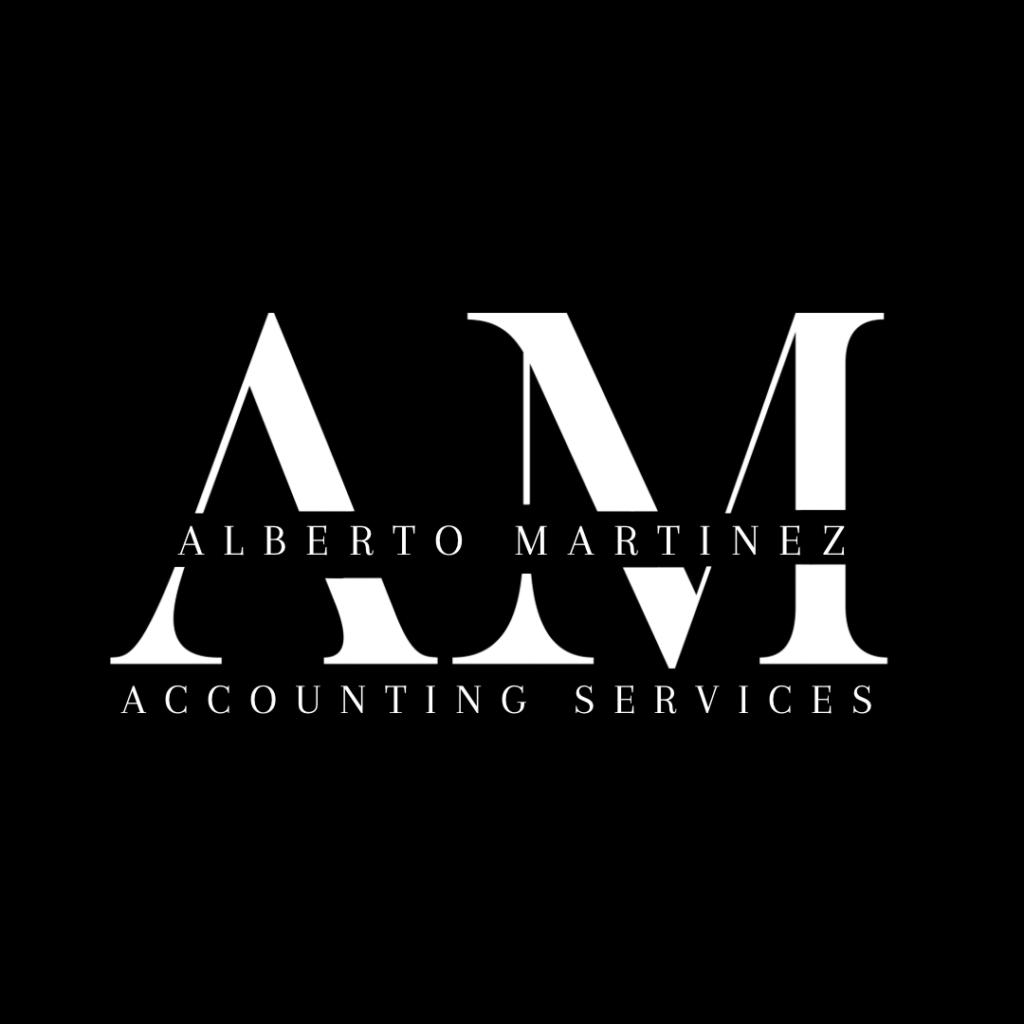Filing taxes can be a complex process, and even small mistakes can lead to costly penalties or missed deductions. Whether you’re filing as an individual or a business owner, avoiding these common tax mistakes will save you time, money, and stress.
- Missing Deadlines
The Mistake: Forgetting tax deadlines or filing late can result in penalties and interest charges.
How to Avoid It:
Mark key tax dates on your calendar or set reminders.
File early to give yourself enough time to handle unexpected delays.
If you can’t meet the deadline, file for an extension to avoid penalties.
- Incorrect Information
The Mistake: Errors in personal or financial details, such as your Social Security Number (SSN), Taxpayer Identification Number (TIN), or bank account information.
How to Avoid It:
Double-check all information before submitting your tax return.
Use tax software or a professional service to reduce the risk of errors.
- Ignoring Eligible Deductions and Credits
The Mistake: Overlooking deductions and tax credits you qualify for, such as home office expenses, education credits, or business-related travel.
How to Avoid It:
Keep detailed records of all potential deductible expenses.
Research or consult a professional to ensure you’re claiming all eligible deductions.
- Filing Under the Wrong Status
The Mistake: Choosing the wrong filing status (e.g., single, married filing jointly, head of household) can impact your tax liability.
How to Avoid It:
Understand the definitions of each status.
Seek professional advice if you’re unsure which status applies to you.
- Forgetting to Report All Income
The Mistake: Failing to include all sources of income, such as freelance work, rental income, or investment earnings.
How to Avoid It:
Gather all tax forms, including W-2s, 1099s, and other relevant documents.
Use accounting software or a professional to cross-check your records.
- Miscalculating Taxes or Refunds
The Mistake: Errors in math can lead to underpayment, overpayment, or delays in processing your return.
How to Avoid It:
Use reliable tax preparation software with built-in calculators.
Have a tax professional review your return before submission.
- Failing to Keep Proper Records
The Mistake: Not having adequate documentation for income, expenses, or deductions can create issues during audits.
How to Avoid It:
Maintain organized financial records throughout the year.
Keep receipts, invoices, and statements for at least three years.



